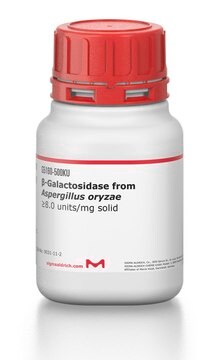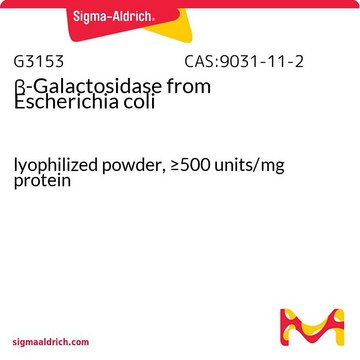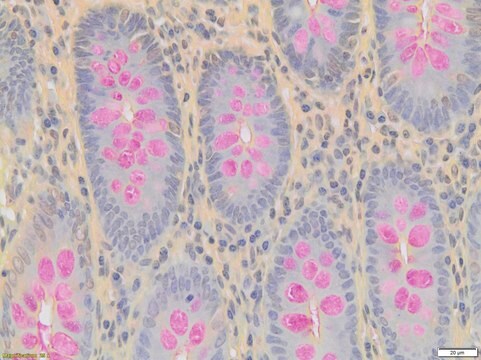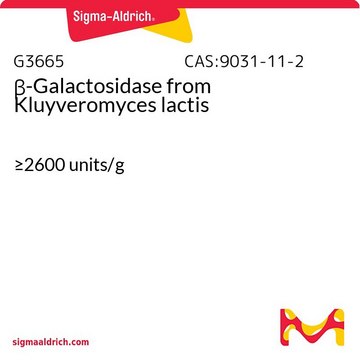M-1
NOTE: Both the cell line and DNA from the cell line may be available for this product. Please choose -1VL or VIAL for cells, or -DNA-5UG for DNA, 95092201, mouse kidney, Epithelial-like
Sign Into View Organizational & Contract Pricing
All Photos(1)
About This Item
UNSPSC Code:
41106514
Recommended Products
biological source
mouse kidney
packaging
tube of 5 μg 95092201-DNA-5UG
pkg of vial of cells 95092201-1VL
growth mode
Adherent
karyotype
Not specified
morphology
Epithelial-like
products
Not specified
receptors
Not specified
technique(s)
cell culture | mammalian: suitable
relevant disease(s)
cancer
shipped in
dry ice
storage temp.
−196°C
Cell Line Origin
Mouse kidney cortical collecting duct, SV40 transformed
Cell Line Description
Derived from the cortical collecting duct (CCD) of a mouse, transgenic for the early region of SV40 (Tg(SV40E)Bri/7). They express many characteristics of the CCD like epithelial morphology and CCD-specific antigens. M-1 cells grown on permeable supports exhibited a high transepithelial resistance concomitant with the development of a lumen-negative transepithelial potential difference. The M-1 cell line and sub-clones exhibit principal cell (PC) functions and ß-intercalated cell (ß-ICC) functions, both typical for the heterogeneous epithelium found in the renal collecting duct. M-1 cells and sub-clones show a heterogeneous expression of PC and ß-ICC antigens with 5-10% exhibiting a dual PC/ß-ICC phenotype.
Application
Kidney cell studies, differentiation studies.
Culture Medium
DMEM:Ham′s F12 (1:1) + 2mM Glutamine + 5μm Dexamethasone (DXMT) + 5% Foetal Bovine Serum (FBS).
Subculture Routine
Split sub-confluent cultures (70-80%) 1:3 to 1:4 i.e. seeding at 2-4x10,000 cells/cm2 using 0.25% trypsin or trypsin/EDTA; 5% CO2; 37°C. Prolonged incubation with trypsin may be necessary for subculture.
Other Notes
Additional freight & handling charges may be applicable for Asia-Pacific shipments. Please check with your local Customer Service representative for more information.
Choose from one of the most recent versions:
Certificates of Analysis (COA)
Lot/Batch Number
It looks like we've run into a problem, but you can still download Certificates of Analysis from our Documents section.
If you need assistance, please contact Customer Support.
Already Own This Product?
Find documentation for the products that you have recently purchased in the Document Library.
Our team of scientists has experience in all areas of research including Life Science, Material Science, Chemical Synthesis, Chromatography, Analytical and many others.
Contact Technical Service






